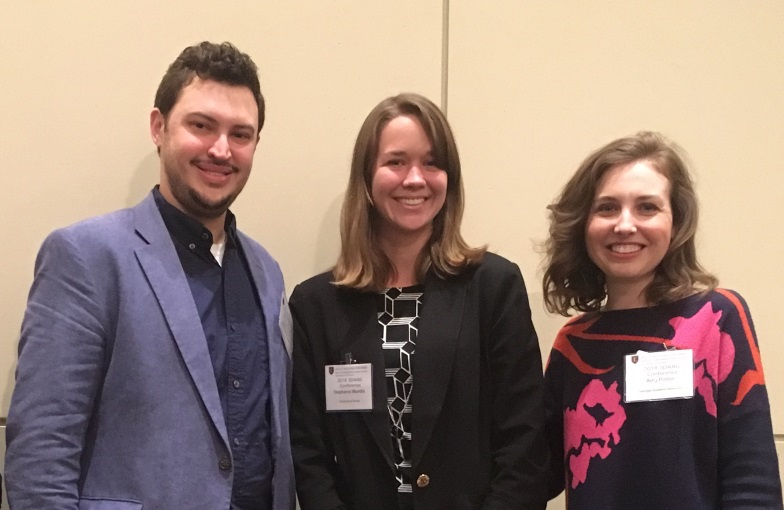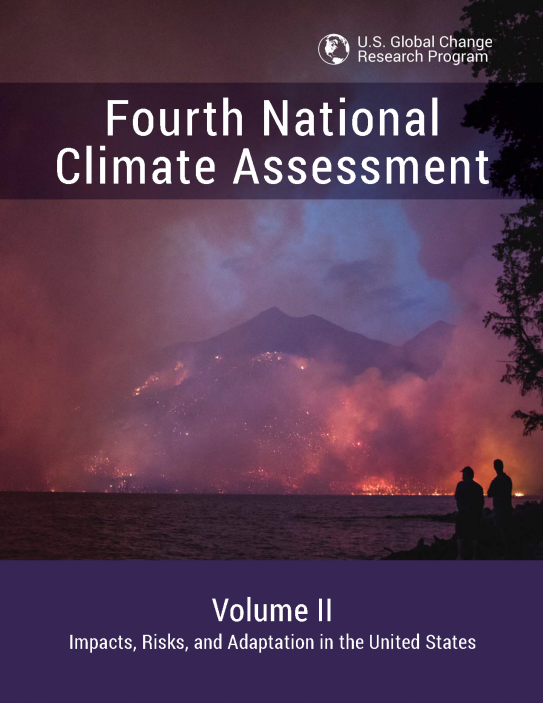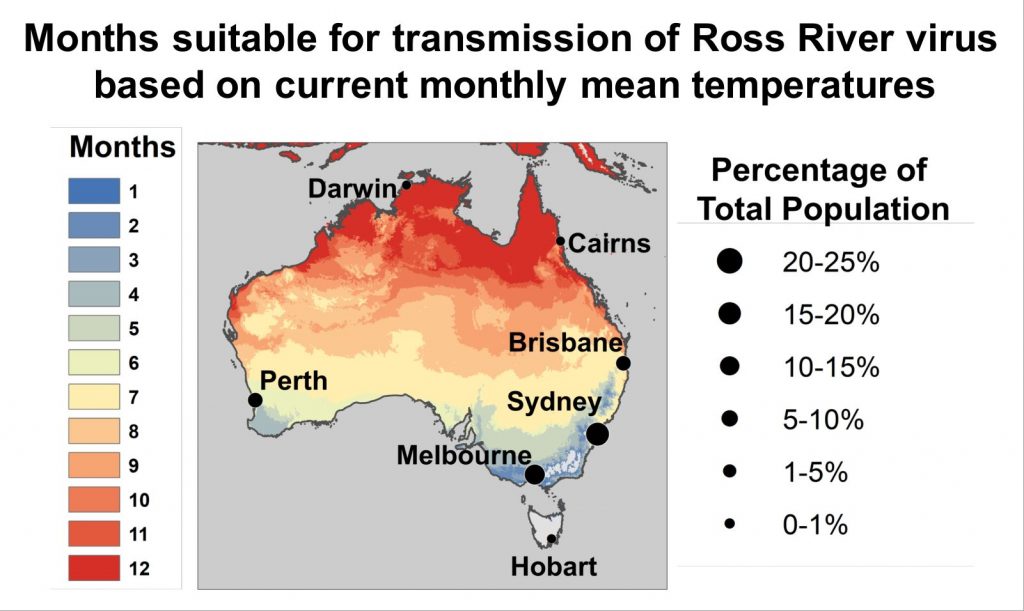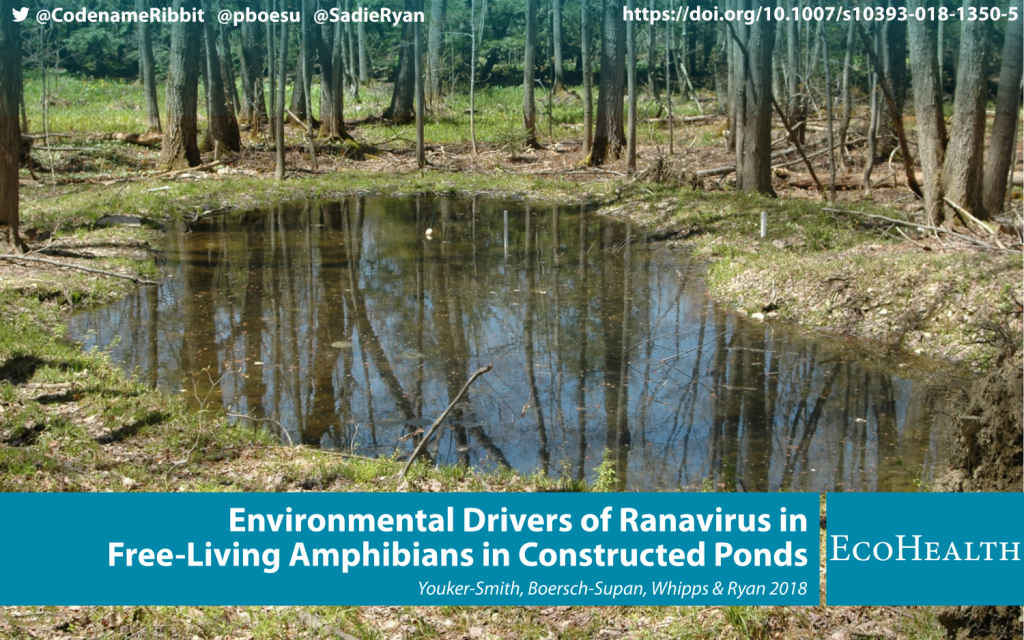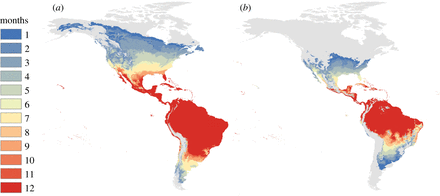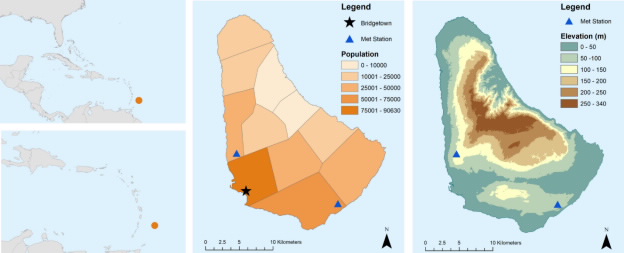Geography Grad student receives best PhD paper at the 2018 SEDAAG annual meeting!
Second-year PhD student Stephanie Mundis of the Quantitative Disease Ecology & Conservation Lab, advised by Dr. Sadie Ryan, was recognized for her paper and presentation at the 2018 SouthEastern Division of the American Association of Geographers. Her presentation, “Spatial analysis of pyrethroid resistance genotypes in Aedes aegypti mosquitoes in Florida,” focused on spatial patterns in […]
Read more "Geography Grad student receives best PhD paper at the 2018 SEDAAG annual meeting!"
